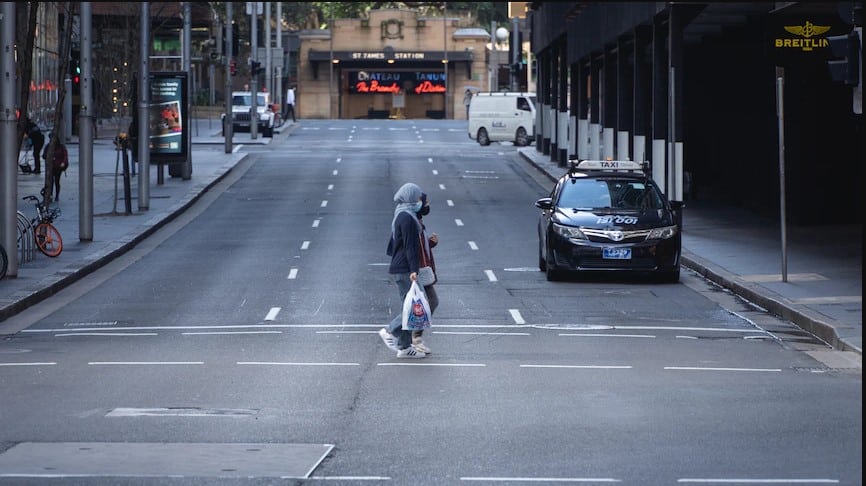Teachers need to “rethink their pedagogies and curriculum in ways that enable students to customise their paths.”
- The New Teacher project
As technology is quickly transforming the world around us several people are thinking that the technology might replace human intelligence.
Many educators are also worried that there will be no students to teach anymore in the near future as technology might take over a lot of tasks and abilities that they have been teaching the students.
But it is important to understand that education will never disappear. It will stay only the mode of education changes. For example, online learning is something will be present in the coming years.
Due to the global COVID-19 pandemic, several educational institutions have redefined the education system and have adopted virtual classroom as a way out. They have started using several digital learning applications that offer hassle-free online classes to the students. From webinars to Skype to Zoom, and also live streaming sessions on social media are few innovative practices that were adopted.
In this article let’s have a look at how the education system will be transformed and the way future of education will look in the coming decades.
Flexibility
In the FUTURE OF LEARNING the students will have the full freedom to juggle their careers and school because they aren’t tied down to a fixed schedule. In a traditional classroom setting, class meeting times are set, and the student has no power over this, forcing them to work their schedules around these dates. Most people who choose digital learning tend to have other commitments, and prefer this mode of k12 as it gives them power over how they will delegate their time towards their different projects.
Reduced costs
Online classes usually cost less due to several reasons. For example, there is no cost for commuting. Assorted costs that are related to transport, such as fuel, parking, car maintenance, and public transportation costs don’t affect the students. It is also the safe way to learn as the parents and the school management will be relived of the whereabouts of the students during their commute.
Networking opportunities
In the future of education one can also expect that it offers students with the chance to network with peers across nations or even several continents. This often leads to other opportunities in terms of collaboration with other individuals in the implementation of a project. At the same time, it makes them culturally sensitive and able to fit into other environments easily given their exposure to other cultures.
Access to expertise
The FUTURE OF LEARNING education system also offers students access to specialized k12 programs that will be available in the virtual classroom that may not be available in an easily accessible or local institution of learning. Online classes give the sharing of expertise that helps more people to have access to education that is not readily available in certain geographic locations.
Personalized learning
The future of education also offer students with the right kind of resources, materials with study tools adapted to capabilities of a student. As a result, students will be challenged with tougher tasks and questions when a certain level is achieved. Those who experience difficulties with a subject will get the chance to practice more until they reach the required level. Digital learning is the best as it offers individual, self-paced curriculum ensuring only comfort and effective online learning.
Thinking about the FUTURE OF LEARNING needs imagination and also rigor. The education system should guard against the temptation to choose the favorite future of education and prepare for it alone. In a world where shocks like pandemics and extreme weather events owing to climate change, social unrest and political polarization are expected to be more frequent, one cannot afford to be caught off guard again.







